MARKET OVERVIEW
The Global Behavioral Health market has its own distinct market because it lies within the big healthcare industry, while looking after the complexities of mental well-being and addressing issues related to substance use and emotional health management; this market will keep changing as healthcare systems and policies pay more attention to mental well-being as they do to physical health. The more society becomes aware and the more the stigma measurement dwindles, the more the requirement generated at such models will be what Global Behavioral health market forms in next years.
Daily habits, actions, stress, and choice all affect mental and emotional well-being. Behavior health is the Global Behavioral Health market opening and operating between clinical psychology, psychiatry, social services, and public health. It includes an extensive set of services managing mental disorders, emotional disturbances, addiction recovery, and developmental conditions. This new market will operate for several age groups and socio-accessibility levels, focusing heavily on treatment personalization relating individual patient histories and clinical profiles.
Emerging technologies such as digital therapeutics, virtual therapy platforms, and AI-based diagnostic tools are critical in the future of the Global Behavioral Health market. Such tools will present completely new forms of health care not only to monitor and document patient progress, but to deliver therapy via distance, as well as provide insights into behavioral patterns that otherwise may not have been captured. This would offer improved access and data intimation to professionals that would allow early and effective intervention.
As it grows, the Global Behavioral Health market will probably be increasingly conjoined with primary care. Behavioral problems are usually co-morbid with chronic illness or physical conditions; hence, future care models will integrate the two practice areas. Because these patients will be embedded with mental health screening and intervention as a routine practice, mental health problems will be picked up much sooner and treatment plans will be more holistic. It will also allow more streamlined care delivery and improved patient outcomes.
The other facets that will assist in shaping the Global Behavioral Health market will include regulatory developments and reimbursement policies. The classification of treatments and billing codes will undergo further changes from the present as governments and insurance providers continue adjusting to increasing demands for mental health services. The impact of changes will further influence how services are made available, how care gets documented and even how providers will access such care. Policy changes will continue consuming attention from stakeholders who want to align with national and international healthcare standards.
Workforce training and credentialing will be critical trends shaping the Global Behavioral Health market in the years ahead. The increasing complexity of behavioral disorders will require interdisciplinary expertise, coupled with ongoing education for therapists, counselors, and care coordinators. It will require investment from institutions and healthcare networks on workforce development to ensure all practitioners are well versed in both traditional techniques as well as modern technological tools.
As societal demands for mental health continue to rise, the Global Behavioral Health market will emerge as a force to reckon with in providing long-term, person-centered care. The future will entail innovations across various health systems as well as regulations and a thorough understanding of human behavior across different populations.
Global Behavioral Health market is estimated to reach $290,010.50 Million by 2032; growing at a CAGR of 6.7% from 2025 to 2032.
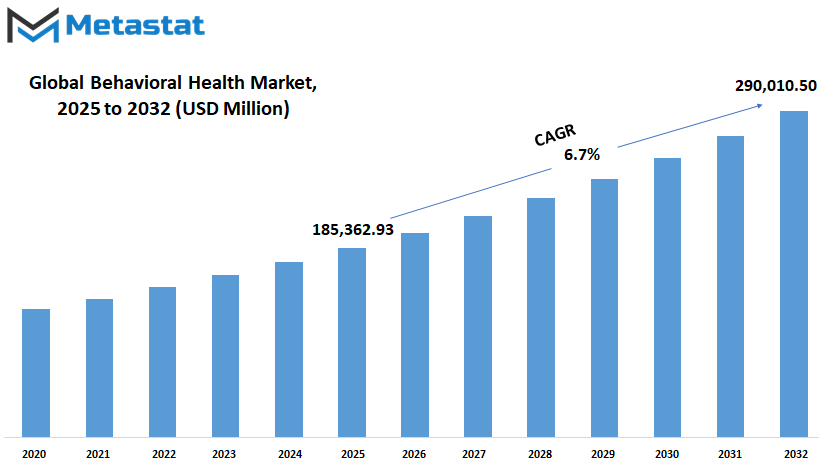
GROWTH FACTORS
The Global Behavioral Health market will likely experience steady growth and promising opportunity in the years ahead. With understanding growing steadily in the world about the importance of mental well-being, such understanding will lead to an increase in demand for behavioral health services. Many are recognizing mental health disorders and substance use cases, helping to tear down some barriers that have existed for so long. Awareness leads to seeking help, and in such cases, governments and the private sector have little choice but to invest more in mental health resources.
People are coming forth about their anxiety, depression, and addiction without fear of judgment, and this was a huge leap. It is a paradigm shift that will open the doors for more people to reach out for care, and hence the Global Behavioral Health market will continue to make remarkable strides. Not only high-income countries but also areas where mental health used to be a taboo subject are being more open to psychotherapy.
The decent tailwinds propelling the market have their fair share of challenges, which will, in turn, slow some progress. The main reason has to do with the thin number of professionals who are trained in mental healthcare. More people want assistance, but not every region will have doctors, counselors, or therapists to respond to that demand. Hence this often acts as a barrier to some patients receiving timely care. In addition, stigma causes them not to speak out across large areas of the world regarding mental health. Many health insurance policies do not usually cover behavioral health services, making treatment more difficult to access for some individuals.
Undoubtedly, the future holds a number of opportunities. Digital therapy platforms and telehealth services, which are among the most promising areas of growth, will go a long way toward improving access to mental health care to thousands of patients. While earlier, patients had to travel long distances to see therapists, today, they can connect with therapists using a smartphone or a computer. So, traveling and time-consuming schedules are no longer bothering patients, so they can even get their therapy remotely, which encourages many who feel uncomfortable seeing someone in the office's clinic.
Forthcoming years of the Global Behavioral Health market will see possible dividends from both the technology innovations and the changing societal paradigm of mental health. Together with tapping on new tools and services and the growing number of people who will seek help without fear, the market is not expected to stray too far from its steady growth.
MARKET SEGMENTATION
By Service Type
The Global Behavioral Health market goes on getting the attention it deserves as awareness regarding mental health keeps getting higher and more people seeking support for trauma and emotional problems. As lifestyle changes tend to put a lot of stress across the different age segments, the need for mental-health services would only grow further made more easily available and effective. Mental health approaches switched more on prevention than early intervention and continuous care; this would probably change and differentiate the nature of service provisions and development in the years to come.
With the increased preference to receive treatment in a familiar setting, it is expected that demand will rise in Home-based Treatment Services. Treatment within the home will afford more comforts and reduce that associated with clinical environments. It is possible to monitor and support patients remotely because of evolving technology and reliability in virtual platforms. Individuals would now be entitled to more control in the care given to them while accessing treatment without abandon.
This form of therapy is expected to stay a key aspect in the Global Behavioral Health market. It allows people to gain their daily support while making use of their lives, especially for those who are trying to juggle their jobs or families. The presence of spaces without stigmas will make it very comfortable for people to come for therapy and even stay on the treatment plan. Flexibility and continuous access to care are very crucial in long-term developments.
Emergency mental health services will always be vital because they provide immediate assessment and care in emergencies. Mental health accidents can occur very suddenly, and if there are trained professionals to respond very quickly, they can save lives. As there continue to be more areas discovering the need for strong articulations of these services, there will be greater efforts toward hastening the delivery. It is in improvement that advances in communication tools and local response systems will play both a great part.
Inpatient hospital treatment will still have a significant role in the future, especially for patients requiring close monitoring or a more structured environment for recovery. These services can provide safety and security for the people suffering severe mental health conditions. Hospitals probably will change their ways for the better in the future by forming more supportive and less intimidating environments for recovery.
Intensive care management will also be focused, particularly for those who have complicated mental health disorders or continuation disorders. This service helps patients keep on track toward their treatment by offering individualized plans and continuous support. With better training for workers, in addition to new ways of tracking progress, the Global Behavioral Health market will be moving toward patient-focused care, yielding better outcomes in the future.
By Disorder Type
The Global Behavioral Health market is predicted to experience steady development in the latter period as mental health awareness increases throughout the world. With more individuals openly discussing emotional well-being and seeking help, the demand for appropriate care and treatment is bound to become even more crucial. Mental health has ceased to exist as a subject to be hidden or ignored. Societies are becoming increasingly supportive, and this changing social conception will channel more investment and attention into behavioral health services.
More distinction is now being made among various types of disorders; this learning will improve the care provided for those disorders. More often than not diagnosed are bipolar disorder, anxiety disorder, and depression, with therapies improving as science and technology advance. Timely diagnosis and customized treatment plans will be critical to enabling people to live better lives. Mental health professionals will increasingly rely on data and patient history to ascertain the safety and efficacy of treatments.
Post-traumatic stress disorder is also taking much greater prominence, especially in areas that have undergone conflict, natural disasters, or trauma: There will be several programs in the future that will address the needs of these affected populations. Eating disorders and substance abuse will be given more focused care as well. The interventions often go unnoticed for long periods, but new screening instruments and public awareness will allow more people to acquire help before reaching a crisis point and these changes will be sartorially different.
Behavioral health services will be looking less and less scarce and affordable. Telehealth and digital solutions would be the backbone of this approach. People will now be able to get therapy or counseling from home, which is especially useful for those in remote and rural settings. This shift will not replace in-person care but instead create a wider array of choices and flexibility for patients.
This will include monitoring progress and adjusting treatments in real time through technology. This will facilitate condition management and prevent relapses. However, the Global Behavioral Health market will not only witness the onset of medical advances but also the gradual transformation of attitude and articulation about mental health. As the stigma surrounding these disorders further recedes, more people living with them will be motivated towards getting help. In the coming years, governments, private institutions, and healthcare providers will be called upon to create systems that respond to this growing demand.
By End-Users
The Global Behavioral Health market will continue to grow with the acquisition by large numbers of people toward the acceptance of mental health issues. There are people increasing seeking help due to that interdisciplinary lifestyle adopted with increased public awareness against controlling hindrances concerning mental health issues. The movement will also change service delivery in terms of types of care settings required at that particular time. In future, it will be focused on improving the access of that help, its personalization, and responsiveness to varied needs.
Outpatient clinics seem to be the most preferred option for severe cases seeking care on a behavioral health basis. These facilities create flexibility for patients who do not yet need constant supervision but would still prefer follow-up care. With increasing adoption of most of the aspects of everyday life, outpatient services may develop virtual options for people to receive health care services away from the clinic without requiring hospitalization. This is aimed at helping reach quite remote areas or locations with little transport access whereas also considering the fact that a number of people may just not feel comfortable traveling to the facility because they feel they need even that bit of privacy.
But hospitals will be used in most cases for managing severe or acute mental health problems. The behavioral health units in hospitals in the future will be empowered with faster response and better quality for care. Such short-term programs would become much more refined and would be put in place to prepare the individual and stabilize the person’s condition before returning to the everyday environment.
Rehab centers shall keep staving off the suffering as long as an individual has to remain under a long-term condition or is in recovery from substance use. These centers are usually managed by professionals; hence they offer a somewhat structured environment in which people can focus on healing. The more research is conducted on the most appropriate and successful therapeutic techniques for the recovery process, the more new innovations that may be introduced to help in developing coping skills, instilling confidence in patients, and eventually resuming the daily life routines with stronger support systems in place. This is how much more care will be focused on understanding the relationship between the two as the mind and physical health.
One would see more homecare. Many favor it, especially long-term medical cases. With support, both from trained workers and family, supplemented by technology, home-based care will be much more organized. This will provide comfort and at the same time ensure that one receives the necessary help, thus paving the way to recovery with balanced support.
|
Forecast Period |
2025-2032 |
|
Market Size in 2025 |
$185,362.93 million |
|
Market Size by 2032 |
$290,010.50 Million |
|
Growth Rate from 2025 to 2032 |
6.7% |
|
Base Year |
2024 |
|
Regions Covered |
North America, Europe, Asia-Pacific, South America, Middle East & Africa |
REGIONAL ANALYSIS
The Global Behavioral Health market is likely to behold considerable growth in the coming years owing to the global increase in awareness of mental health. Indeed, it is bound to hinge on how people view, discuss and perceive changes regarding different forms of treatment of the mentalities of such patients. Society at large, and particularly governments and healthcare systems, have started aligning themselves in recognizing behavioral health not as personal battles but as issues concerning whole communities and nations. With increasing awareness and support mechanisms, there will be much demand for behavioral health services and treatment as they evolve.
Public health policy now views mental health primarily in North America; this will continue to drive the Global Behavioral Health market. The United States and Canada are pursuing access improvements that include therapeutic and digital platforms for therapy as well as crisis support. This is compounded with the broader acceptance of mental health care, and so further count of persons will be seeking such services. It is on Mexico that the infrastructure for mental health is rather slow in development. As policy continues to change and stigma fades, more individuals across this region will likely seek professional help for mental health concerns, thus increasing the demand for trained personnel and support services in the field.
Much influence will also be drawn from Europe. Countries like the United Kingdom, Germany, and France are now formulating national strategies that emphasize early intervention, community support, and e-solutions. Demand for behavioural health services will increase with rising cases of anxiety, depression, and stress symptoms, especially among younger generations. Smaller countries in Europe are also stepping up initiatives to improve access to health care and public awareness campaigns on behavioral health. Everything is providing a lot of shaping in the future where behavioral health becomes more normalized for other aspects of health.
There is agitation around mental health in the Asia-Pacific region; some countries can still boast a strong cultural stigma, while countries like Japan, South Korea, and India are trying to even that. The public attitudes are starting to change with the advent of multiple digital-health platforms and school premise programs. Increased urbanization coupled with increasing pressure in workplaces and schools, will eventually push people towards behavioral health services, further driving the market.
Middle East, Africa and South America have just started dipping their feet in the mental health infrastructure. Governments and private bodies have started rolling out services targeting those communities that have been under-serviced. Progress is slow, but changes are definitely becoming evident. Soon, these regions will be a more active part of the Global Behavioral Health market as they continue to expand access and develop systems for long-term care.
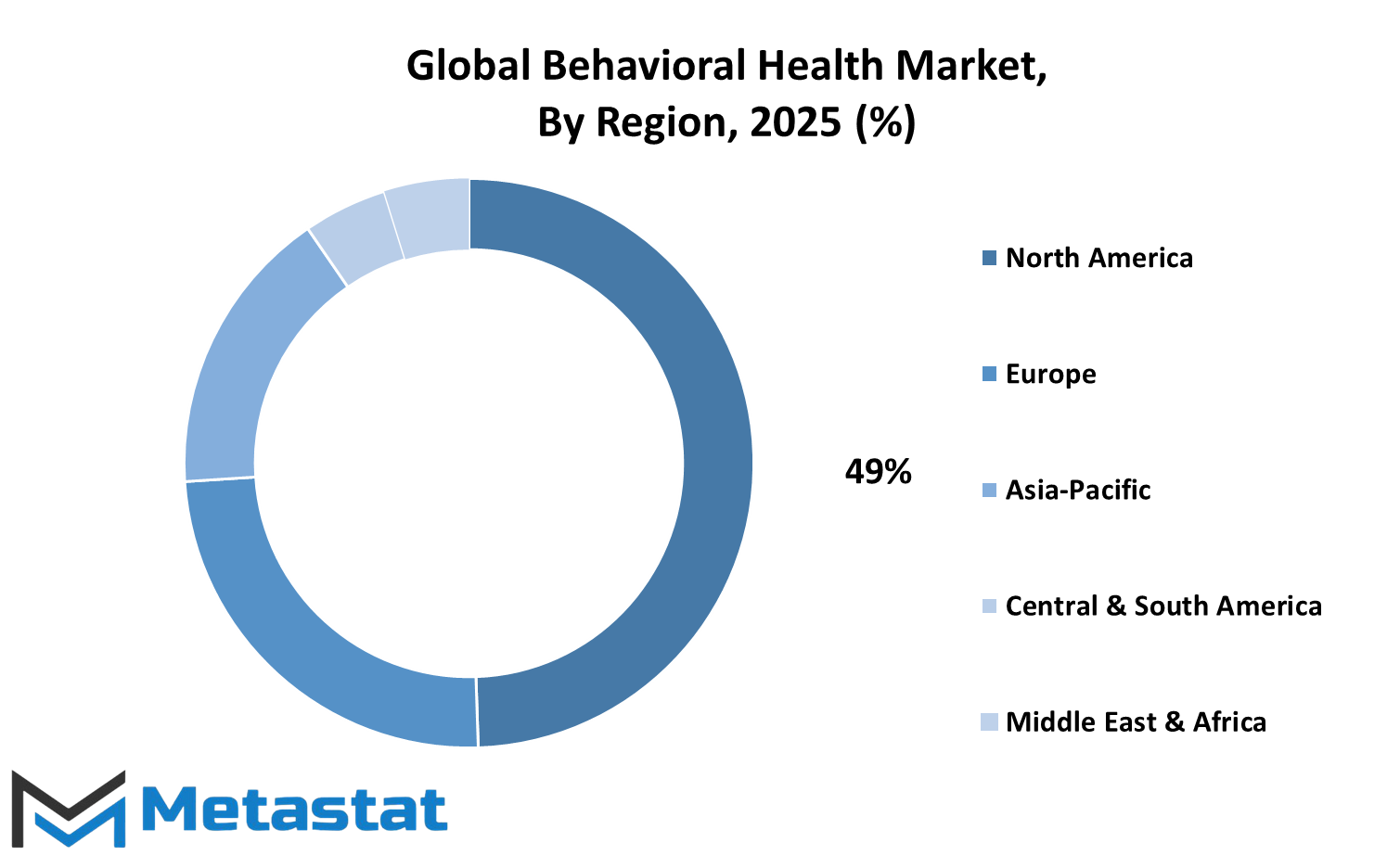
COMPETITIVE PLAYERS
As awareness around mental health expands, the Global Behavioral Health market will continue to embrace growth as more people seek help for conditions that were once overlooked or misunderstood. In the future, the focus of behavioral health will now begin to transition toward interconnectedness rather than isolated care systems, where the focus will be on patient-centered support systems. This market will innovate solutions, improve access, and strengthen public-private partnerships as mental health issues become common knowledge across all ages, countries, and income levels.
Correspondingly, Universal Health Services, Inc. One of the expected leading names in steering this transformation, will likely expand further services into the digital realm and community-based programs, given its extensive network and rich experience. Magellan Health Inc. will also have a central role by actively practicing integrated care models that bridge mental health and physical health treatments into more complete care paths for individuals.
Behavioral Health Services Inc. and Behavioral Health Network Inc. are two organizations that presently furnish a lot of help through structured support and clinical care. In the future, they will likely use tech innovations to widen their outreach for therapy and mental health guidance to individuals living in remote areas or underserved communities. In addition, North Range Behavioral Health is expected to resolve crisis prevention and early intervention; this, in turn, becomes crucial in minimizing long-term mental health complications.
With a solid footing in hospital-based care, Seton Healthcare Family under Ascension health may be having a more enhanced role in developing strong links between emergency care and long-term behavioral health support. Ocean Mental Health Services and Bright Harbor Healthcare will be community-based providers that remain central to delivering localized care while marrying new and old through mobile outreach and telehealth platforms.
Beacon Health Strategies and Elevance Health, LLC will work together to influence quite a bit on how behavioral health is actually covered for the future. As pressure grows on insurance companies to finally give equal recognition to mental health and physical health, these very companies will help structure those policies that will provide for affordable and credible care, supported, of course, by a behavioral-health emphasis on patient tracking, safety, and organization: Welligent Inc.
Collectively, these organizations are paving a road to a tomorrow where behavioral health is easier to talk about and even easier to access. As demand soars, the Global Behavioral Health market will, instead, steer towards more supportive, flexible, and personalized care models that represent learned perspectives on the mental and emotional wellness of humanity.
Behavioral Health Market Key Segments:
By Service Type
- Home-Based Treatment Services
- Outpatient Counselling
- Emergency Mental Health Services
- Inpatient Hospital Treatment
- Intensive Care Management
By Disorder Type
- Bipolar Disorder
- Anxiety Disorder
- Depression
- Post-Traumatic Stress Disorder
- Eating Disorder
- Substance Abuse Disorder
- Others
By End-Users
- Outpatient Clinics
- Hospitals
- Rehabilitation Centers
- Homecare Setting
Key Global Behavioral Health Industry Players
- Acadia Healthcare Co.
- Universal Health Services, Inc.
- Magellan Health Inc.
- Behavioural Health Services Inc.
- Behavioural Health Network Inc.
- North Range Behavioural Health
- Seton Healthcare Family (Ascension Health)
- Ocean Mental Health Services
- Beacon Health Strategies
- Elevance Health, LLC
- Welligent Inc.
- Bright Harbor Healthcare
WHAT REPORT PROVIDES
- Full in-depth analysis of the parent Industry
- Important changes in market and its dynamics
- Segmentation details of the market
- Former, on-going, and projected market analysis in terms of volume and value
- Assessment of niche industry developments
- Market share analysis
- Key strategies of major players
- Emerging segments and regional growth potential



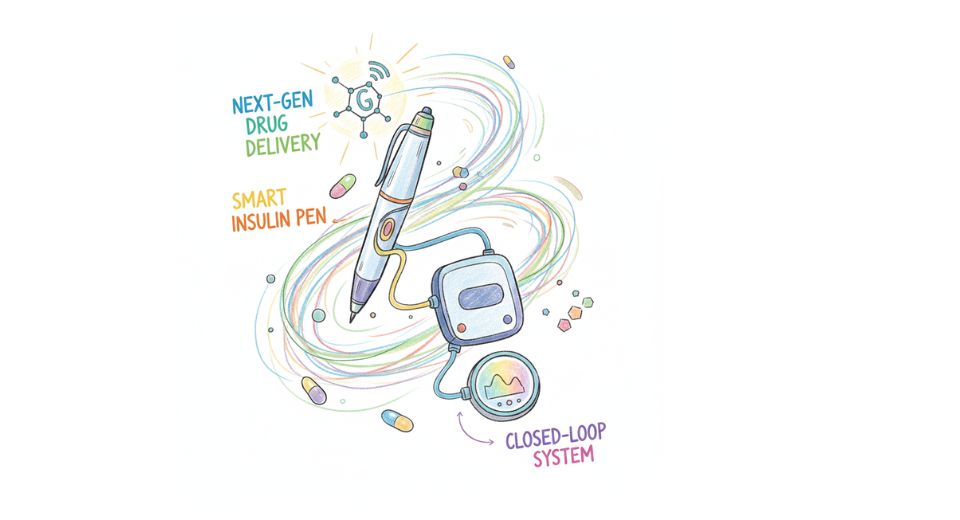
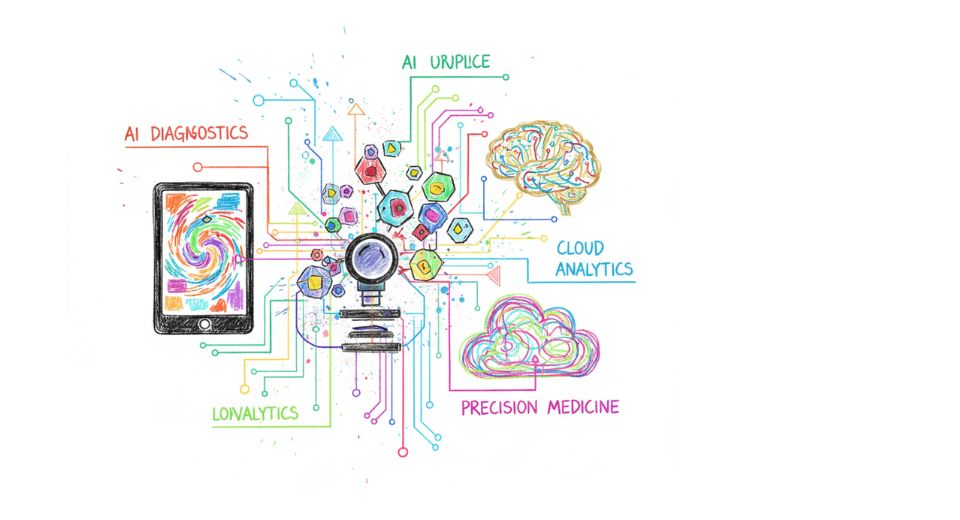
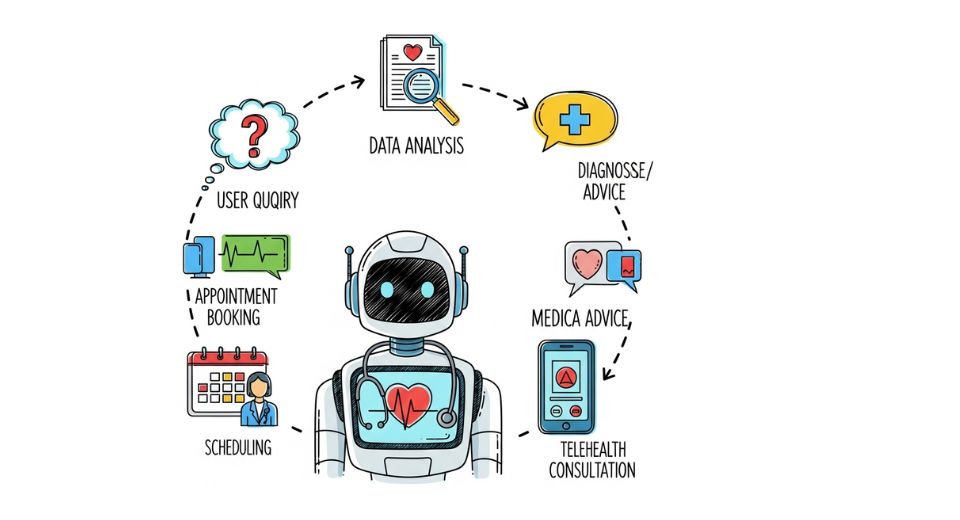
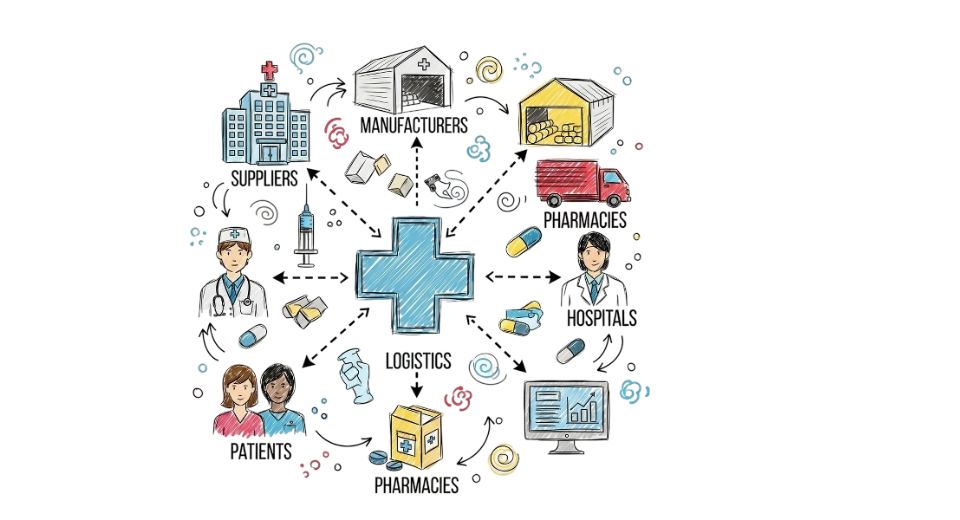
.jpg)








 US: +1 3023308252
US: +1 3023308252






